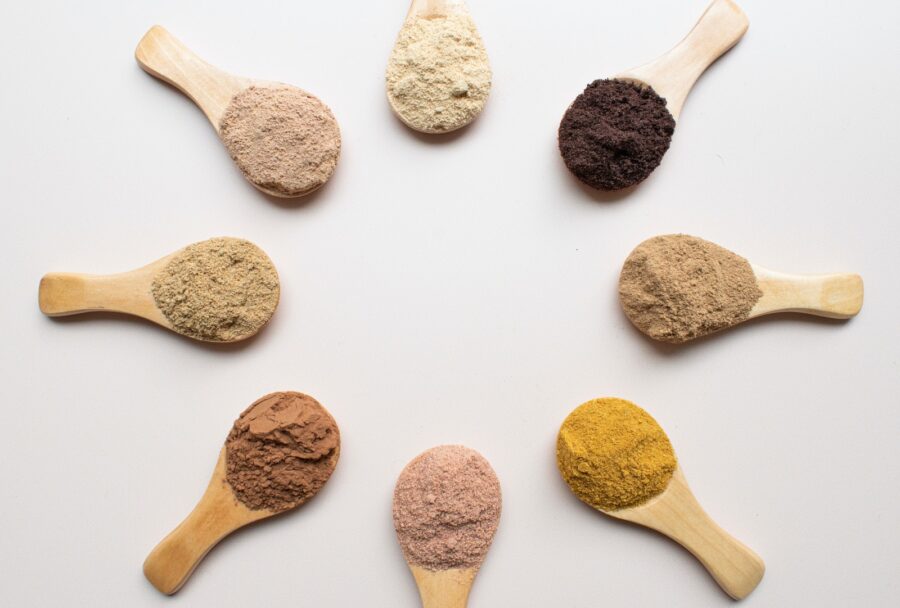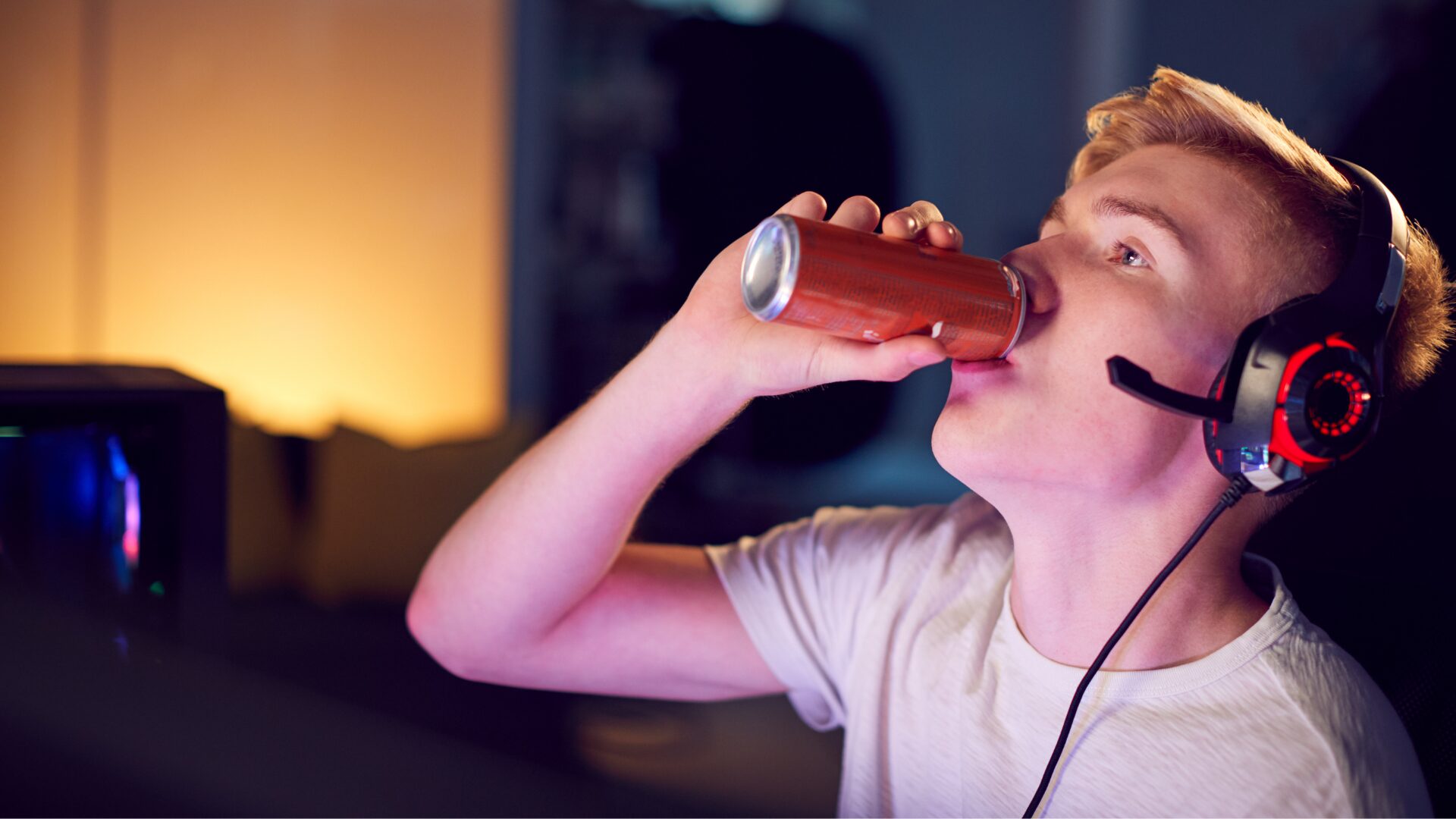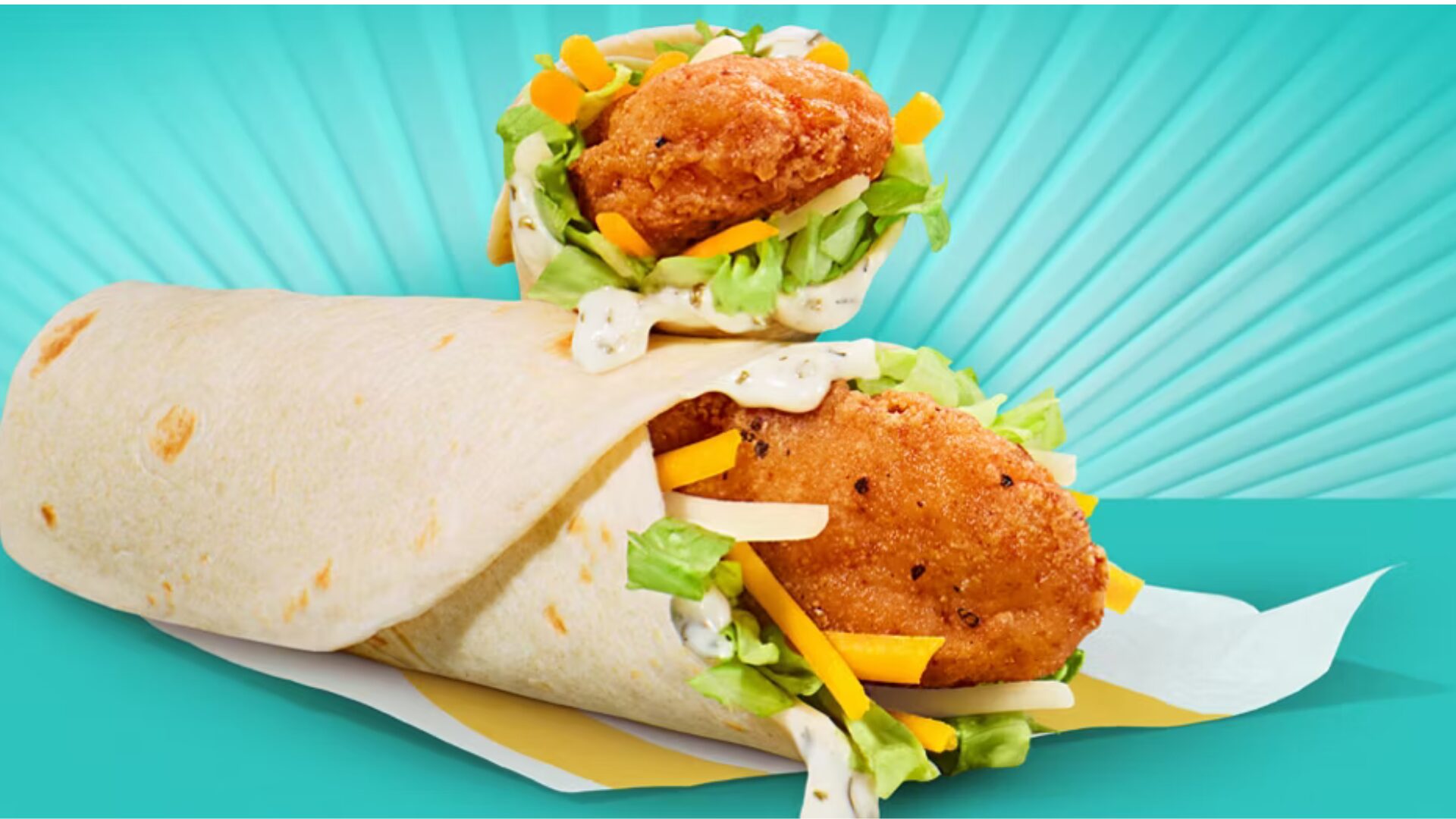Despite the lingering pandemic, more consumers surveyed globally by Innova’s Lifestyle & Attitude Survey said that the health of the planet is their number one global concern instead of the health of the population for the first time in the survey’s history, according to a June 30 press release from Innova Market Insights.
To address growing consumer concerns about planetary health, food and beverage companies are launching more products with environmental claims.
Ethical claims about the environment grew their share of global food and beverage launches from 4.4% in 2016-2017 to 6.6% in 2020-2021 for a 17.3% CAGR over the five years ending Q3 2021 according to Innova.
In turn, food and drinks manufacturers are looking to their ingredient suppliers to provide more sustainable options with the use of upcycling and regenerative agriculture.
UPCYCLED INGREDIENTS INCREASING
Product launches of food and beverages using upcycled ingredients that would otherwise go to waste increased at a CAGR of 122% in the five years ending Q3 2021, according to Innova.
While the use of upcycled ingredients such as “ugly” fruit that would otherwise be discarded was considered niche in 2016, the number of foods using ingredients such as imperfect vegetables and spent grain has multiplied.
The Upcycled Food Association, founded in 2019, exhibited at July’s IFT FIRST event’s Startup Pavilion in Chicago along with many of its members. The association defines upcycling as the use of “ingredients that otherwise would not have gone to human consumption … procured and produced using verifiable supply chains, [for] a positive impact on the environment”.
Consumer awareness of upcycled food is likely to continue growing, as the association launched its Upcycled Certified certification program in the U.S. in June 2021, followed by Canada in April 2022.
UPCYCLED FOODS INC’S INNOVATION
ReGrained, which started as a maker of ReGrained SuperGrain+ snack bars made with spent grain from breweries, announced at IFT FIRST that it’s moving from a consumer-packaged goods brand under the ReGrained name to an innovation and ingredient platform as Upcycled Foods Inc.
“We now have a more sophisticated approach,” Daniel Kurzrock, CEO of Upcycled Foods, told The Food Institute. He added, “As inspired as we continue to be by brewer’s grains, our sights are bigger.
“We have become a discovery engine for nutritious and delicious ingredient solutions that continue to be left off the table. As a broader platform, we are focused on circularity beyond just grains.”
The company is adding Coffee Leaf (dried tea, powder, extract) and Cacao Fruit (superfruit syrup) to its Upcycled Food Lab portfolio.
Kurzrock announced the launch of SuperGrain+ Protein Crisps in partnership with the Kerry Group while speaking at IFT FIRST’s The Pitch event.
“Today, with the exponential growth of and interest in upcycled foods, we are seeing a boom in demand from food manufacturers and restaurant operators to bring new and exciting upcycled foods to their customers, but a marked gap in expertise and scalable solutions. We have had the exciting opportunity to meet this demand for upcycled food innovation as a collaborator and development partner,” Kurzrock said.
BOOSTING PROTEIN CONTENT IN BEVERAGES
Another ingredients company using brewer’s spent grain is EverGrain that is backed by AB Inbev.
EverGrain opened a full-scale production facility on the Anheuser-Busch St. Louis Brewery campus in June to turn barley used in the brewing process into high-quality, nutritious, and sustainable protein ingredients for food and beverages.
At IFT FIRST, EverGrain showcased its EverPro barley rice protein powder with 85% protein that offers “market-leading solubility” to be used in ready-to-mix and ready-to-drink beverages according to the company’s sell-sheet.
“Consumers want the same great taste and nutrition from plant-based milks as they’ve come to expect from dairy. But when you look at the plant-based options available today, many have 2 grams or less protein, whereas milk has 8 grams. EverPro Upcycled Barley Protein [is] complementing pea and nut-based milks for a complete amino acid profile and enabling higher protein content, just like dairy,” Pavel Hejsek, EverGrain’s EverPro Product Owner, said.
UPCYCLED FRUITS PROVIDE FIBER ENRICHMENT
FruitSmart, a producer of premium fruit juices and ingredients, upcycles fruit to create fiber products that can be used in bakery products and snack bars.
The company uses the pomace byproduct from processing fruit for juice, air dries the fibers to less than 5% moisture level, and mills the fiber. At the Chicago show, FruitSmart showcased a Protein Drink with Apple Fiber and Raspberry and a High Fiber Deli Cracker with apple fiber that provides the health benefits of soluble and insoluble fibers and polyphenols found in the skin and pulp of Pacific Northwest apples.
Another company, Nutraberry, also emphasizes the nutritional benefits of upcycled fruit. The company markets its prebiotic raspberry seed fiber for use in baking recipes or stirred into smoothies and yogurt. Speaking of Nutraberry’s gut-friendliness and the company’s use of berry seeds created during the production of seedless purees, “It’s the intersection of sustainability and health,” David Wishnick, Founder of Nutraberry, said.
Dole Specialty Ingredients, meanwhile, aims to transform plant/fruit side streams into natural specialty ingredients to be used in food and beverage, nutraceutical, cosmeceutical, and other industries. The company’s Pineapple Fiber Powder is produced by dehydrating pineapple pomace and then milling into a powder.
Virginia Lee is a food and drinks market researcher. She has advised companies on innovation and market entry opportunities in consumer-packaged goods at Euromonitor International, Brightfield Group, and Innova Market Insights. Connect with Virginia on Twitter and Instagram at @VirginiaALee.












